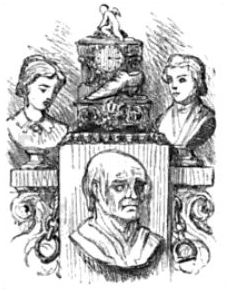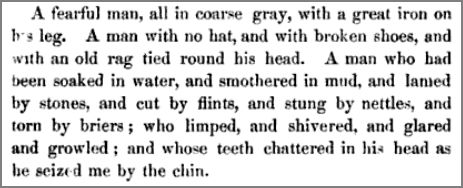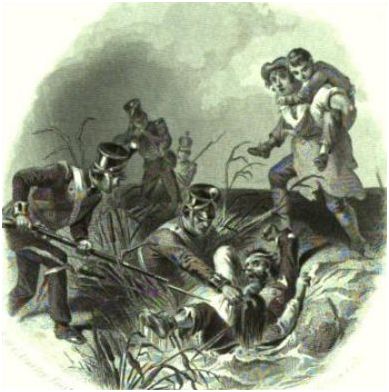Google Books
by Andrew Boyd
Today, this old book. The University of Houston's College of Engineering presents this series about the machines that make our civilization run, and the people whose ingenuity created them.
What if you could have history's greatest books at your fingertips — for free? Well, we already do, in libraries. But there's something new. Some organizations are now scanning books and making them available on the Web — vast online collections gathered from the world's great libraries and publishing houses. Google Books is the best known — at least as measured by the press it's received. The technology is straightforward. But the legal issues are daunting.


The copyright system is designed to protect authors and publishers. Loosely speaking, if you write something, you own it. But not forever. Just until seventy years or so after your death. So if a book's old enough, it's in the public domain. Google Books or anyone else can freely make copies and distribute them. Old books aren't where the sticky legal issues come up.
I went to Google Books in search of classics I still have on my shelves from college. Kant's intricate Critique of Pure Reason; Descartes' analytical Discourse on the Method; Augustine's deeply personal Confessions. They're all there. I paused to read about a man "… who limped and shivered and glared and growled; and whose teeth chattered in his head as he seized me by the chin." That's Dickens' Great Expectations. It's on Google Books, too, along with every other novel Dickens wrote.

We can learn history from old textbooks — if the history is old enough. But these aged texts give us a picture from scholars who have long since passed away. History doesn't change, but the way we interpret it does.
Searching online isn't quite the same as digging through an old library. But there are similarities. The web browser displays images of actual books, complete with library imprints, original drawings, and the scribbles of earlier readers. I don't get to feel the pages, but I can almost smell them — a response triggered by visual memories; by the typefaces and layouts we just don't find in today's books.

Putting books on the Web has sparked a lot of concern and controversy. What will come of the world's libraries? What if companies figure out how to corner the market on our future books — our future knowledge? Proponents of digitization point out that we're securing the safety of our books. Computer files don't wear out, and they're inexpensive to store in fire-safe locations.
I don't know exactly how things will shake out. But as I sit before my computer screen, I feel truly fortunate. Never before have the great works of human ingenuity been so readily accessible. And not just to the few, but to the many.
I'm Andy Boyd at the University of Houston, where we're interested in the way inventive minds work.
For related episodes, see INVENTING THE LIBRARY, THE LIBRARY OF CONGRESS, WHO'S IN CHARGE?, and THE COMMONS REVISITED, among many others.
The Google Books web site is https://books.google.com/books. The best way to navigate is through the advanced search page, https://books.google.com/advanced_book_search. Accessed November 10, 2009.
All pictures are from Charles Dickens' Great Expectations, Cambridge: Riverside Press, 1868. The copy of the book found in Google Books is from the Harvard University Library.
Specific rules determining the termination of a copyright vary. For more information, see the U. S. government web site http://www.copyright.gov/help/faq/faq-duration.html. Accessed November 10, 2009.
